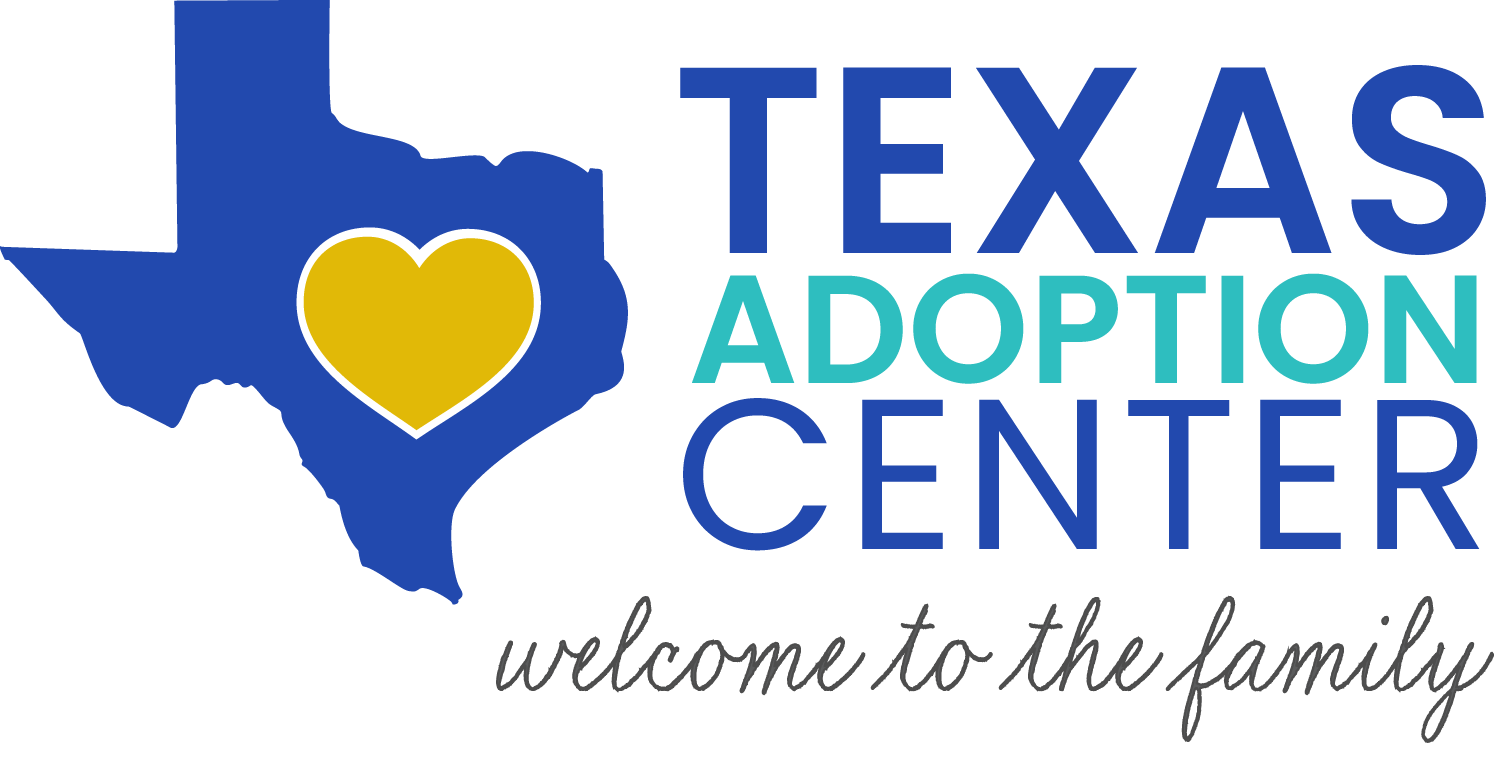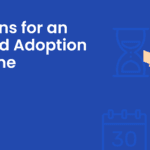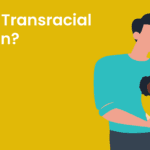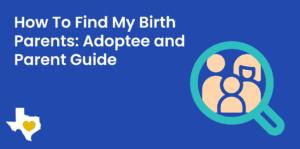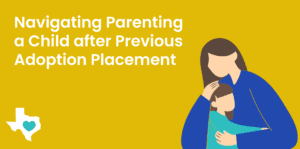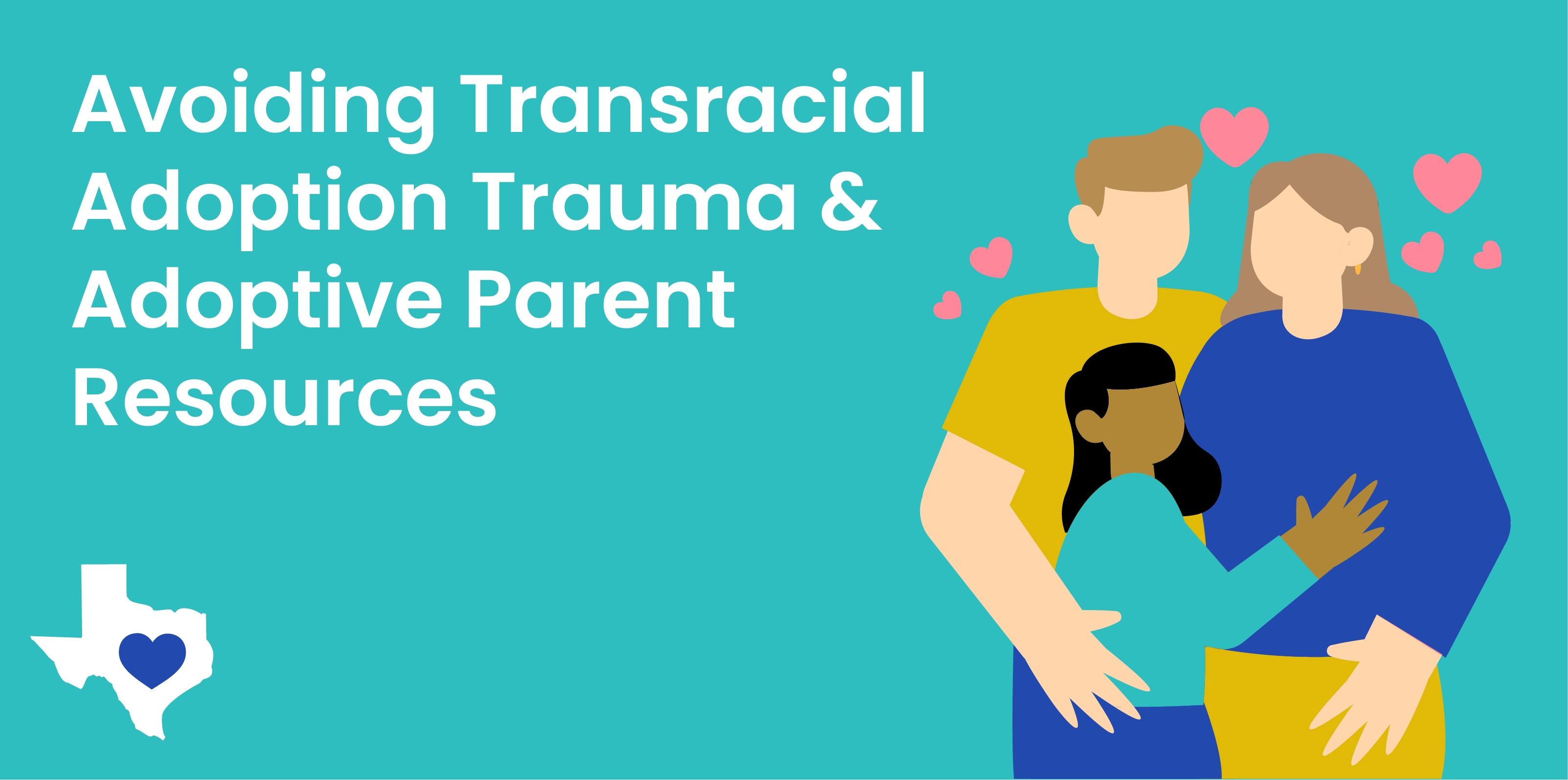
Transracial adoption involves adopting a child from a different racial or ethnic background. While transracial adoption can be a beautiful way to form a family, it can also lead to increased trauma for the child, if not handled appropriately. Transracial adoption can be a wonderful and fulfilling way to form a family, but it’s crucial to approach it thoughtfully and with an understanding of the possible challenges. The adoptee’s needs must be the priority for all parties involved in the adoption.
In this article, we will discuss the dangers of improper transracial adoption, the potential effects on the child, advice for proper adoption and parent education, and resources to help adoptive parents provide the best possible care for their child and avoid transracial adoption trauma.
The Dangers of Improper Transracial Adoption
One of the biggest risks of transracial adoption is the potential for the child to experience identity issues. When a child is raised by parents of a different race, they may struggle to develop a sense of self that incorporates both their biological and adoptive cultures. This can lead to feelings of disconnection and confusion and can be especially challenging while children are growing up and finding themselves.
Another danger of improper transracial adoption is the potential for the child to experience racism and discrimination. Even in today’s society, racism can still be prevalent, and a child who looks different from their adoptive family may face discrimination and prejudice from their peers or strangers. This can be especially damaging if the child feels unsupported, misunderstood, or isolated from their family. Adoptive parents who are poorly prepared for transracial adoption can cause transracial adoption trauma.
What is Transracial Adoption Trauma?
Transracial adoption trauma refers to the emotional and psychological harm that can result from improper transracial adoption. This can lead to feelings of confusion, loss, and grief.
Additionally, if the adoptive family is unable to provide a safe and supportive environment for the child to explore and embrace their cultural identity, it can lead to trauma. This can result in long-lasting effects that can impact the child’s mental health and wellbeing, as well as their relationships with others.
It is crucial for adoptive parents to educate themselves and seek out resources before, during, and after placement, to ensure that they are providing the best possible care for their transracially adopted child.
Potential Effects of Transracial Adoption Trauma
The potential effects of transracial adoption trauma on a child can be significant and long-lasting. Here are some of the potential effects:
- Identity confusion and disconnection
- A lack of belonging or feeling like they don’t fit in anywhere
- Internalized racism and self-hatred
- Difficulty forming healthy relationships
- Anxiety and depression
- Negative impacts on academic performance
- Increased risk of substance abuse
It’s crucial for adoptive parents to be aware of these potential effects and take steps to minimize the risk of transracial adoption trauma by ensuring that adoption is done properly and they are educated on their child’s needs.
Advice for Proper Adoption and Parent Education
To avoid transracial adoption trauma, it’s important for adoptive parents to educate themselves on the cultural and racial background of their child. Here are some tips for proper adoption and parent education:
- Learn about your child’s cultural and racial background.
This includes their history, traditions, and experiences. Seek out books, documentaries, and online resources to help you understand your child’s background and cultural heritage.
- Connect with other families who have adopted transracially.
Join support groups or attend events where you can connect with other families who have adopted children from the same cultural or racial background as your child. This can provide valuable insights and a support group.
- Seek out diversity in your own life.
Expose yourself and your child to a variety of cultures, foods, and traditions. This can help your child feel more connected to their own cultural background, while also learning about other cultures. Provide racial mirrors for your child within your community.
- Talk to your child about race and racism.
Be open and honest with your child about racism and discrimination, and talk to them about ways to deal with it. Teach them to be proud of their identity and to stand up for themselves and others.
Resources for Adoptive Parents
There are many resources available for adoptive parents who are seeking to provide the best possible care for their transracially adopted child. Here are some organizations and websites that can provide valuable support and education:
- Transracial Journeys: Transracial Journeys is an organization that offers resources, workshops, and support groups for transracially adopted individuals and their families. The organization focuses on educating families and providing support on topics such as cultural identity, transracial parenting, and racial socialization.
- Pact, An Adoption Alliance: This organization focuses on serving adopted children of color and their families. They offer resources, support groups, and workshops on transracial adoption and parenting.
- National Association of Black Social Workers: This organization is dedicated to promoting the well-being of black children and families. They offer resources and support for adoptive families of color.
- The Adopted Life: This website and blog are run by a transracially adopted person who shares their own experiences and offers resources for adoptive parents.
Transracial adoption can be a wonderful and fulfilling way to form a family, but it’s crucial to approach it thoughtfully and with an understanding of the possible challenges.
Healthy Adoption With Texas Adoption Center
Adoptive parents who educate themselves and seek out resources and support networks can provide a secure and nurturing home for their transracially adopted child. Working with a conscientious adoption center like Texas Adoption Center is an excellent decision to start the transracial adoption process off successfully.
Our professionals will help children and parents avoid transracial adoption trauma and allow the child to flourish and grow. Contact us today to start your adoption journey.
